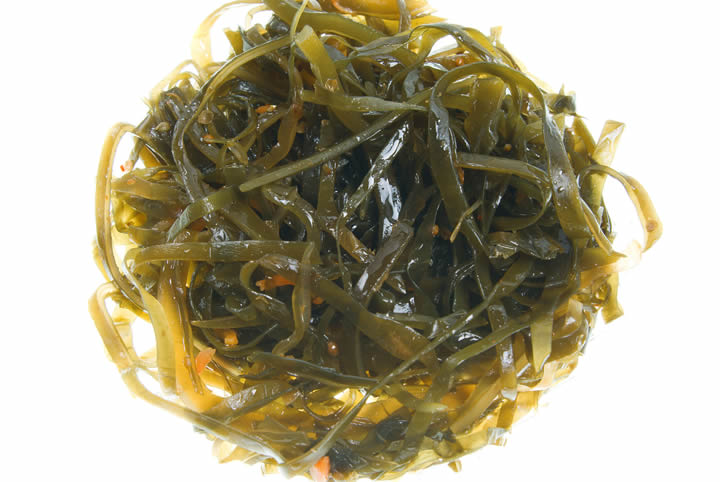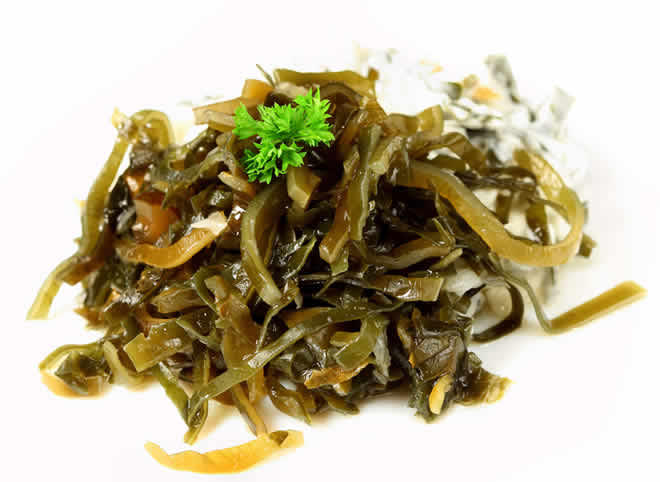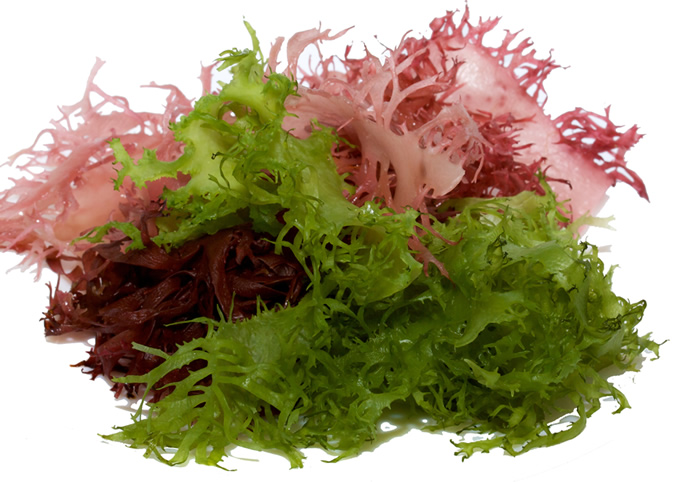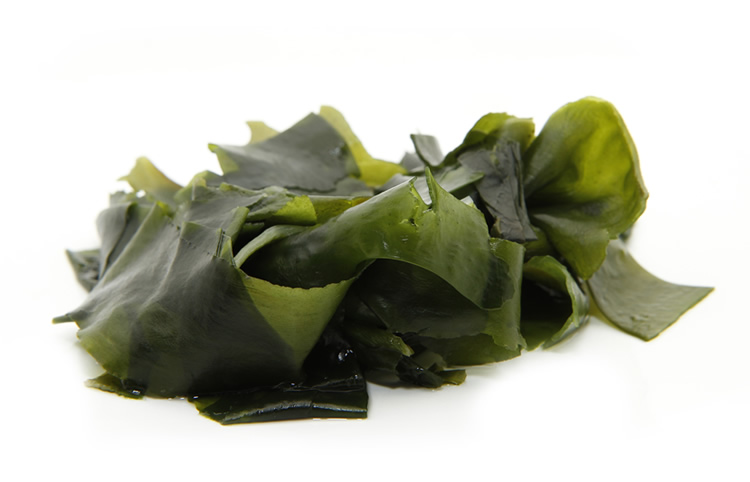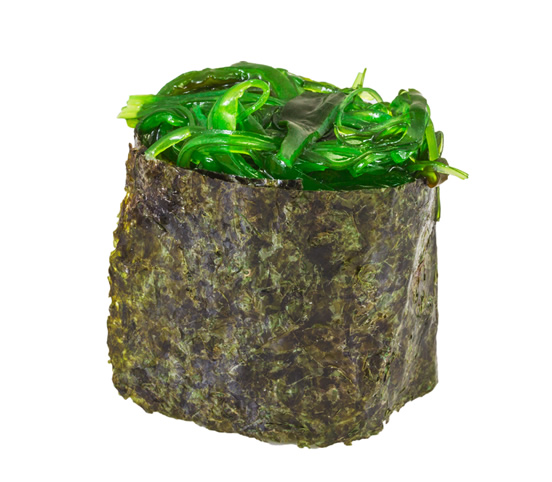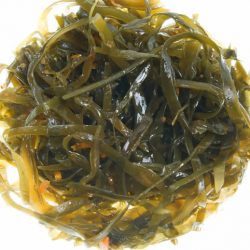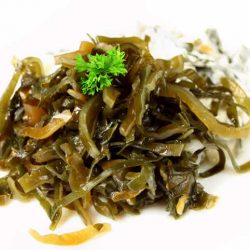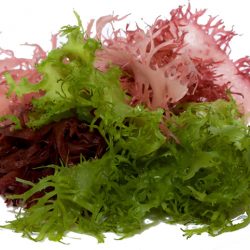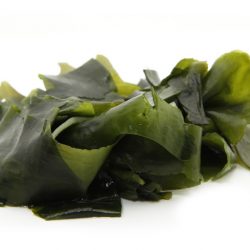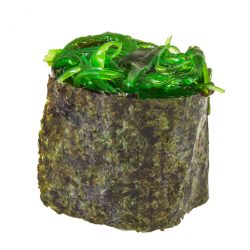Duration: SEP.2018-SEP.2021, main coordinator: KTH, Royal Institute of Technology (SE)
The challenge
Macroalgae production is lagging behind in the Baltic Sea despite the huge surge of blue growth projects in the region. Considering the many ecological benefits and uses of macroalgae (food, feed, fertilizers, materials, cosmetics, etc.), ignoring its potential could be a lost opportunity to jointly promote blue growth and blue bioeconomy. Even if the necessary regulations and permits were in place for cultivation and harvesting of macroalgae, there are still major obstacles to introducing macroalgae to the food and non-food sectors. Public authorities play a key role in closing the legislative gap and unlocking the potential of macroalgae production in the region. However, they lack the capacity to look into the environmental, legislative and socio-economic aspects of macroalgae production in the Baltic Sea. This poses a great challenge for the development of the regional macroalgae industry since only with the support of public authorities, such as environmental boards and ministries, the current legislative framework can be adapted to include macroalgae cultivation. GRASS will use the capacity building to deal with current legislation barriers and gaps and to improve governance capacities among public authorities to support the macroalgae sector in the Baltic Sea region.
The project
GRASS aims to raise awareness and to develop capacity building in macroalgae cultivation, harvesting and use among public authorities (PAs) and other relevant stakeholders across the BSR. PAs, ministries, planning regions and counties play a crucial role in promoting macroalgae as they are the main legislative bodies that also control much of the national and regional funding.
What we aim to achieve
We aim to close the legislative gap for macroalgae production and use. The tools that will help us to fulfil this goal are maps illustrating the suitable sites for macroalgae production, a tool for assessing the macroalgae nutrient uptake capacity from the sea, a best practice guide on the licensing process for macroalgae production, and a handbook that brings together all outputs developed within the project addressing benefits, risks and opportunities of macroalgae production and use in the Baltic Sea. The outputs will mainly be used by regional and national public authorities such as environmental and planning agencies. Other target groups are practitioners, research institutes and NGOs in the field of sustainable blue growth.
Project outputs
- Knowledge pack for public authorities with all necessary information, collected from work package outputs on:
- Cultivation & harvesting of macroalgae in the Baltic Sea
- Macroalgae applications and markets
- Regulation
- A synthesis report of benefits, risks and opportunities of macroalgae cultivation, harvesting and use with the bundling of environmental, regulatory and socio-economic aspects
- Maps illustrating the suitable sites for cultivation, as well as spatial planning synergies and conflicts
- Nineteen regional and transnational stakeholder meetings and events to exchange knowledge and raise awareness
More information: www.balticgrass.eu


